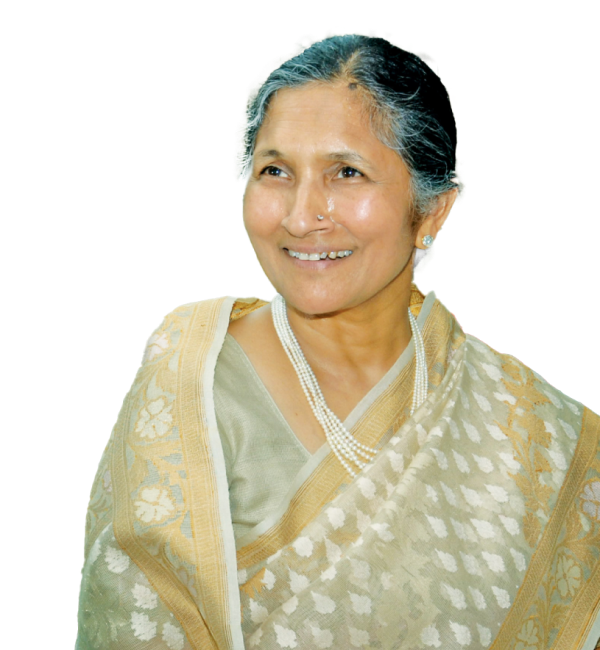Our rich history of giving back to our communities, has been inspired by our late founder, Shri OP Jindal Ji. He believed in serving people with great humility and believed in empowering them during his lifetime. We continue his legacy through our CSR initiatives and programmes that look at empowering communities, reflecting our commitment to societal and environmental impact beyond traditional business boundaries. These initiatives underscore our role as a responsible corporate citizen and the recognition of the need to contribute positively to the communities we operate within.
Jindal Stainless Foundation has been investing in CSR initiatives for over 18 years in communities around our plant locations in Hisar, Jajpur and Delhi NCR. A holistic approach has been taken while implementing programs to support communities in the areas of rural development, environmental sustainability, women empowerment, skill development, preventive healthcare and disaster risk reduction and response. We champion the cause of the UN's Sustainable Development Goals (SDGs) and are supporting 12 goals.
Women empowerment is an integral part of all our programmes, through CSR we look at providing women full and effective participation and equal opportunities. Our programmes look at creating decent job creation, entrepreneurship, and encourage the growth of micro, small and medium sized enterprises, including through access to financial services. Samparna Jeevika is a producer company that has been set-up to enhance the entrepreneurial skills of rural women around our manufacturing locations and involve them in skill building and income generation activities. This programme is currently benefitting 27 villages in Jajpur district of Odisha.
Safe and readily available water is important for public health, whether it is used for drinking, domestic use, food production or recreational purposes. Improved water supply and sanitation, and better management of water resources, can boost countries' economic growth and can contribute greatly to poverty reduction. Jindal Stainless Foundation has supported drinking water facilities across various locations impacting over 10,000 people.
Health care services are provided to communities in Jajpur, Odisha. Over 4,000 people have received free health care services in the form of consultations and medicines to cure common ailments.
Aligning to the government's Swachh Bharat Mission we are also looking at reducing and eliminating the practice of mixed waste from our townships and communities around the plant location in Jajpur and Hisar. To improve waste management in communities, a multi-pronged approach is taken that features door-to-door collection drives, community mobilisation and awareness, enabling the infrastructure required for hazard-free segregation of waste, composting of wet waste, and further co-processing. Through the program we have been able to impact over 6,000 people and 80 tonnes of waste has been diverted from landfills in a year.
Agriculture is the main source of livelihood in India. The farmer development programme looks at working closely with farmers in bringing down the input costs increasing productivity. The programme is currently being implemented in Jajpur, Odisha and Nuh & Hisar in Haryana. Through the programme we were able to impact over 5,000 farmers by providing them advisory services, relevant training and market linkages that have helped in increasing their incomes.
Restoration, development, and maintenance of green public spaces gives the community in Hisar an open space to enjoy nature. Over 6,000 people regularly use the 24 acre park in the city. The entire park is equipped with energy-efficient lamps. There is easy accessibility for disabled people, with ramps at the entry/exit points and accessible sanitation and drinking water through the adjustments that have been made to the toilet and RO plant infrastructure.
